Lessons from Bakersfield, California
Riddhi Patel appears to be a product of an extreme ideology that opposes diversity of thought, equal rights, and the integration of communities with cultural diversity.
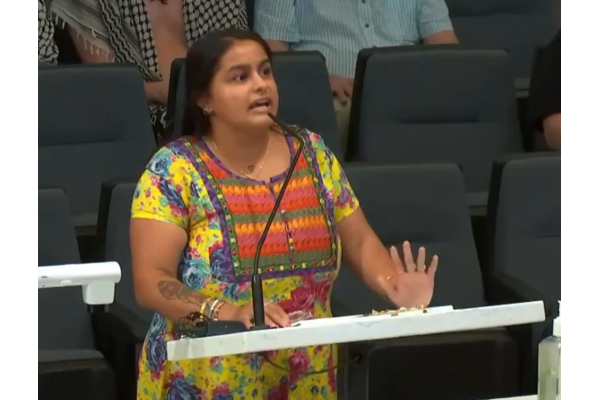 Patel made the threats at the Apr. 10 Bakersfield City Council meeting / Screengrab from the official Youtube video
Patel made the threats at the Apr. 10 Bakersfield City Council meeting / Screengrab from the official Youtube video
The Indian-American community across the United States was disturbed by Riddhi Patel's statement at a Bakersfield, California town hall meeting.
While expressing her views on the Israel-Hamas conflict and the role of US and local governments, her remarks concluded with a threatening tone. This resulted in her removal from the meeting by security and her arrest by police. This incident reverberated not only within Bakersfield but also captured national attention, particularly in Indian media circles, given Riddhi Patel's background. It's notable to highlight several observations stemming from this event:
Primarily, the Indian community didn’t take her side or defend her just because she is from the Indian community. Patel's misguided invocation of Mahatma Gandhi, Chaitra Navratri, and Hinduism in general sparked outrage among many, as it reflected a negative portrayal of Hindu Dharma and society.
Despite Patel's advocacy for a ceasefire in the Israel-Hamas conflict, few, if any, activists came to her defense. Even the pro-Palestine organization, United Liberation Front, unequivocally condemned her remarks. The Center on Race, Poverty, & the Environment, where she worked, also showed no sympathy while condemning her act. Patel's legal and financial needs are apparent, yet it seems she faces this battle largely alone, possibly with only family support.
Moreover, there's a discourse on double standards emerging on social media. Indians are pointing out perceived hypocrisy in the U.S. 's championing of freedom of speech, particularly regarding the case of Pannun, who allegedly uses threatening language against Modi and India.
The charging of Patel with 18 counts, seemingly for using incorrect language without clear intent, raises questions about the consistent application of this principle, especially when contrasted with the leniency afforded in India towards criticism of politicians and others.
Social media scrutiny also uncovered Patel's past remarks, which included derogatory language directed at Modi, Hindu Dharma, as well as Republican figures like Nikki Haley and Bobby Jindal. Her antipathy towards Modi and her comments associating Hindu Dharma with fascism aligns with rhetoric commonly espoused by certain segments of the US based Indian-origin leftist individuals, organizations, and within the self-proclaimed liberal circles.
It's important to recognize that Riddhi Patel's situation represents just the surface of a much larger issue: the cultivation of a hate-filled environment. Starting with animosity towards Hindu Dharma and extending to figures like Modi, Bobby Jindal, and Nikky Healey, this cycle of hatred can rapidly spiral out of control, targeting anything and everything. Patel's case serves as a stark reminder of the dangers inherent in nurturing such animosity. When negativity becomes normalized, it can spread to affect a variety of targets.
This essay doesn't seek to stifle discussion on the Israel-Hamas conflict, but rather to highlight the peril of directing hate towards any religion or government. One can't help but question how much independent study Patel has undertaken on such topics, free from the influence of indoctrination that breeds hate.
This raises another concern regarding civic engagement and responsibility. It's widely understood that individuals can attend town council meetings and express their views during designated times. However, these opportunities are sometimes misused to propagate misinformation and spread hatred that too on unrelated issues. Minority Hindu communities and Hindu organizations are frequently targeted in such hate campaigns.
Even efforts like Congressman Shri Thanedar's resolution against Hinduphobia face opposition through counter-campaigns. Unfortunately, attacks on temples, Indian students, and other Hindu residents often stem from these hateful narratives. It's noteworthy that while these individuals express concern about freedom of expression in India, they paradoxically oppose constitutionally-guaranteed rights for the Hindu community in the US.
If we consider Riddhi Patel's circumstances, she appears to be a product of an extreme ideology that opposes diversity of thought, equal rights, and the integration of communities with cultural diversity. Regardless of her identity, we can only hope for a lenient sentence from the justice system and that she learns from this experience, ultimately improving her life and contributing positively to society.
However, there are broader lessons here for individuals, communities, organizations, and American society as a whole to combat and eradicate hatred.
(Opinions expressed in this column are solely those of the author and do not necessarily reflect the views of New India Abroad or its editorial board.)
A resident of Boston for many years, Vikas Deshpande enjoys reading and writing. He's actively engaged in writing articles on social and political issues, covering both the US and India, in English and his native Marathi.
ADVERTISEMENT
ADVERTISEMENT
E Paper
Video




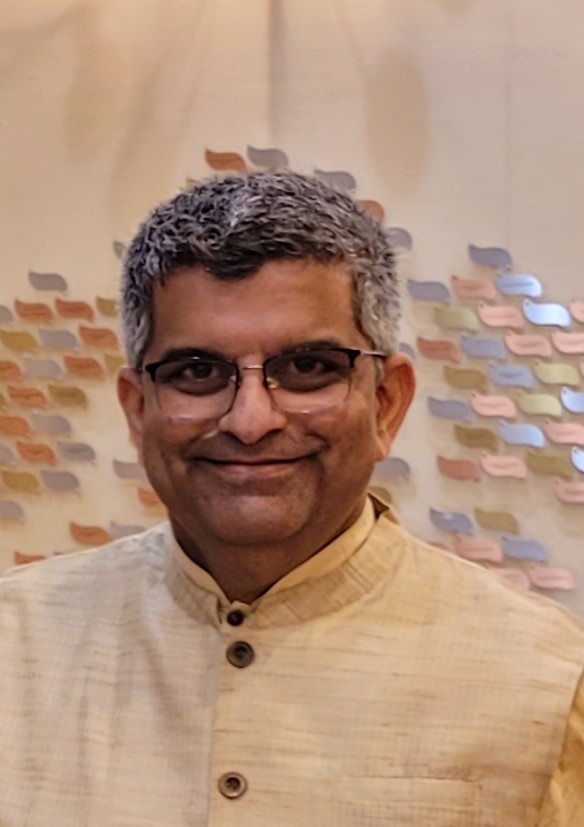 Vikas Deshpande
Vikas Deshpande
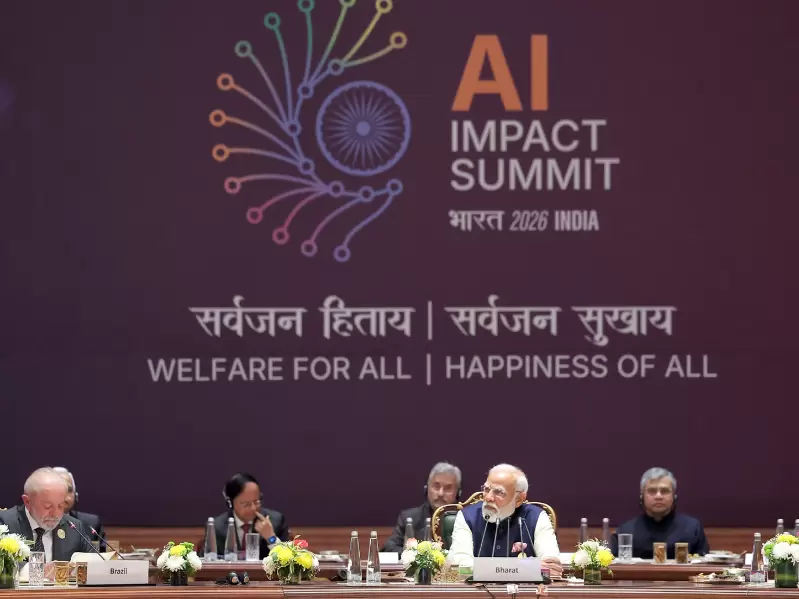
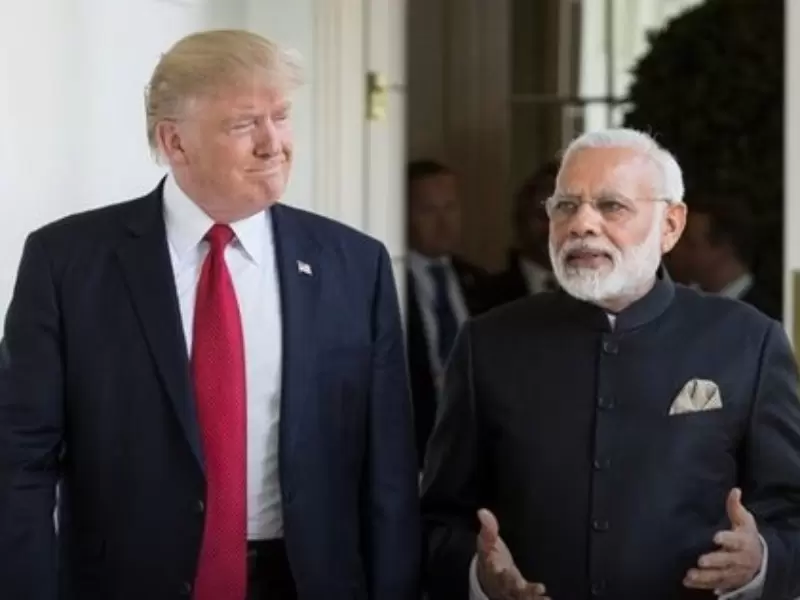
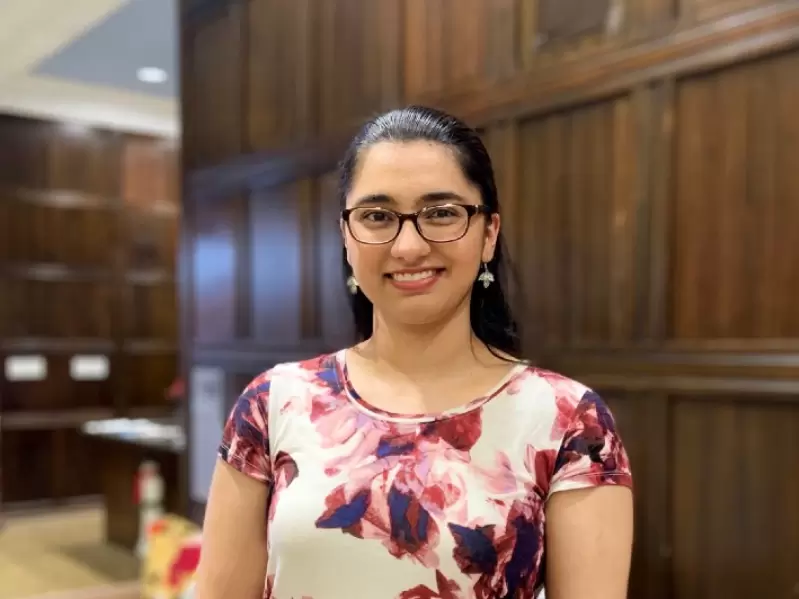
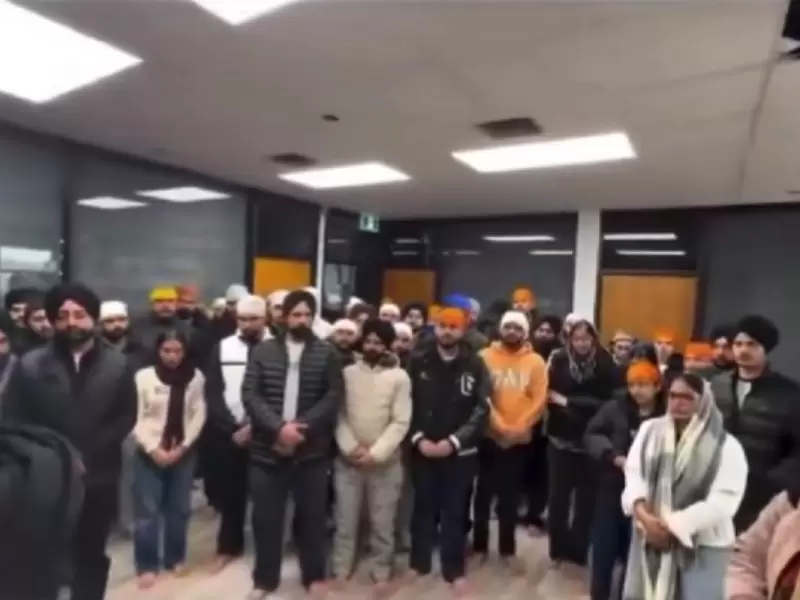


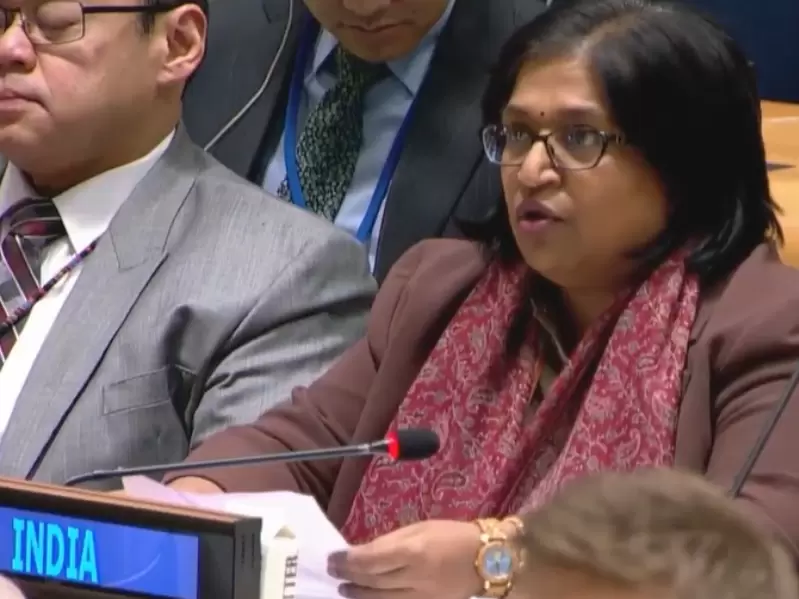
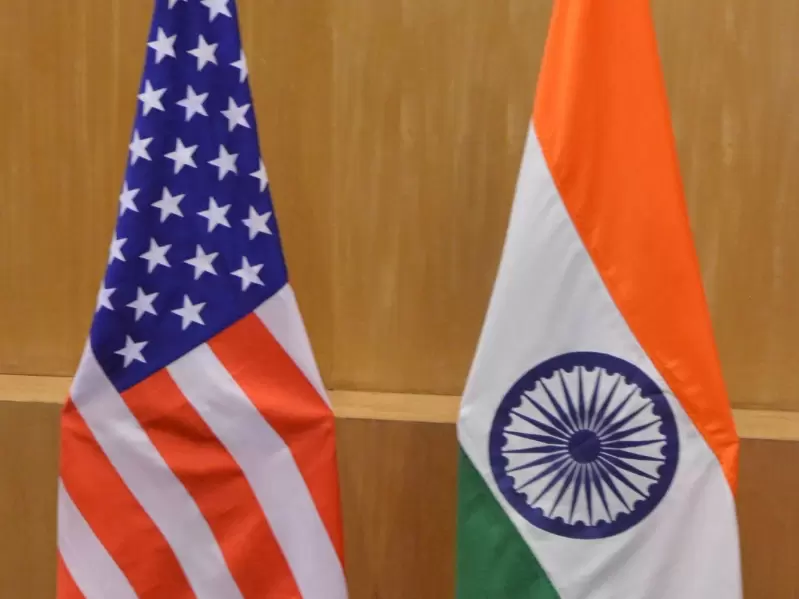
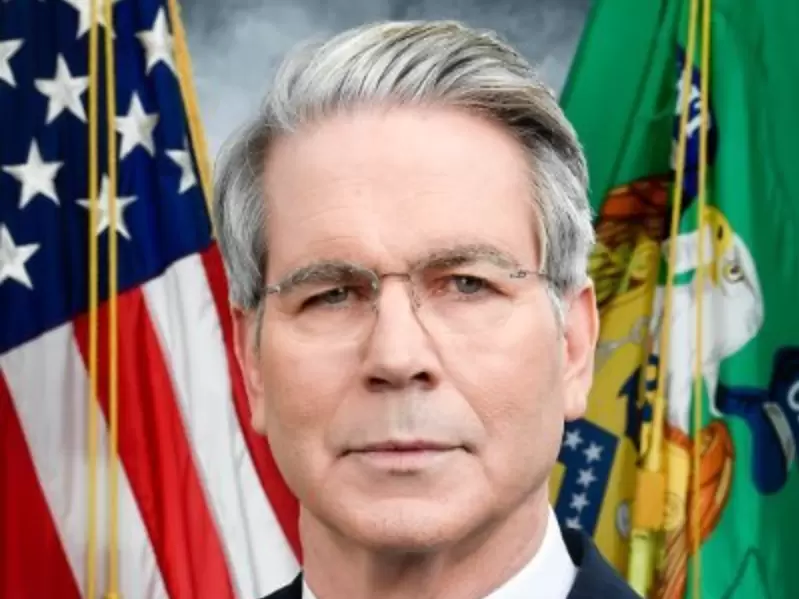

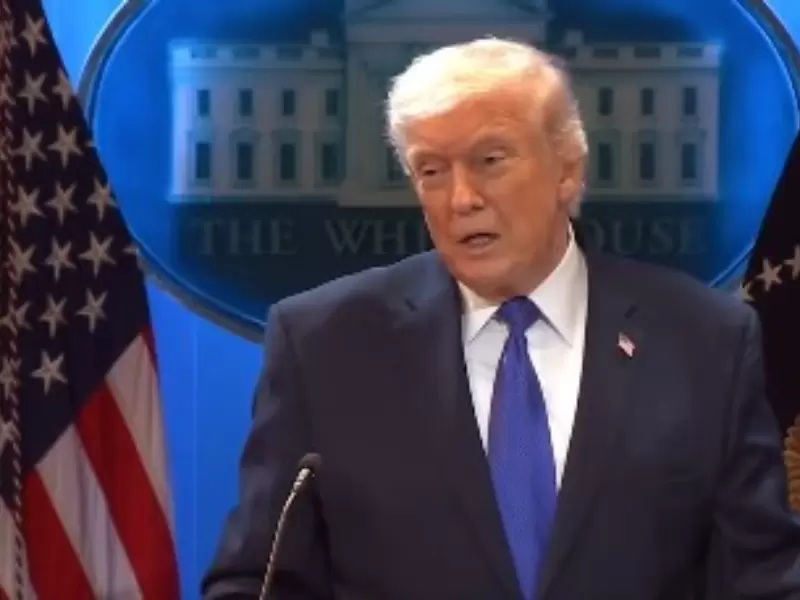


Comments
Start the conversation
Become a member of New India Abroad to start commenting.
Sign Up Now
Already have an account? Login